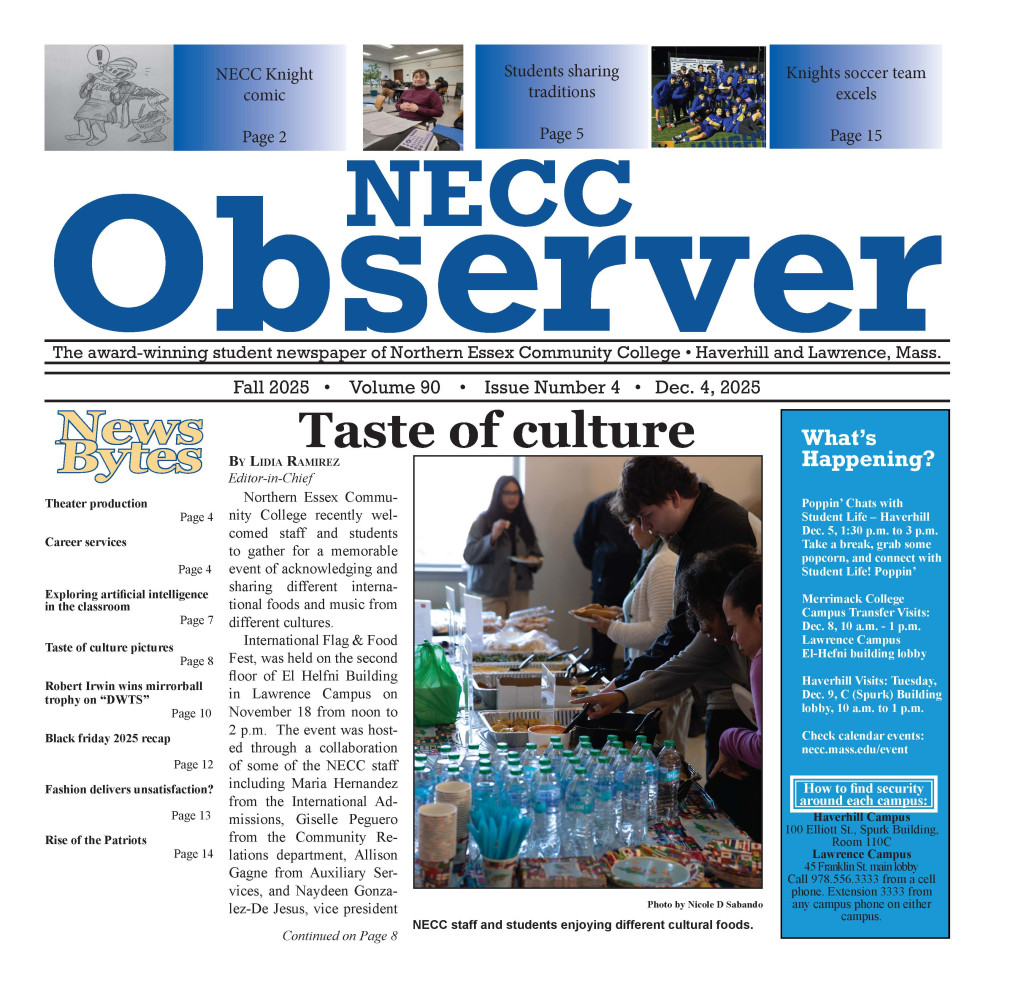As quarantine continues and the world seems to be on pause, education also continues.
Although students are no longer allowed to physically attend schools until the upcoming fall or possibly longer, students are still required to do online schooling, assignments are posted on websites such as Blackboard, Google Classroom, and video calls are made on Zoom.
Some students are completely fine with the current change and have adjusted well while others are struggling to stay focused.
As a student who is used to attending public school, Naima Bogran, 14, upcoming Hunking graduate had some opinions about online school.
“It has been stressful and weird that I’m alone when I’m doing school work. Zoom hasn’t helped, I’ve been on one Zoom call and we didn’t even talk about school work,” she said.
Bogran also mentioned how a Zoom call with teachers doing a lesson while posting less assignments would be an improvement.
Apart from the education students are missing out on milestone ceremonies and events such as prom, graduations and annual trips. Bogran says “I am very annoyed and upset everything got cancelled. I didn’t even get to go on any field trips or say goodbye to my friends and now we are all going to separate high schools. There would be no point for them to do any graduation virtually because it would be sad.”
As students are learning to process this unexpected turn of events educators are also facing some struggles as well.
Professor Lisette Espinoza who teaches English Comp 102 at Northern Essex Community College, shared some of her experiences during this quarantine. She mentioned how difficult it has been to adjust not only for her but for her students knowing how important face to face learning is, while online learning has limitations.
She communicates with her students on many platforms whether it be through Zoom, email, call or text. “I try not to be strict during this time because we’re all humans and adapting, as teachers we should be motivating our students and accepting their flaws and learn to be patient,” she said.
Espinoza also talked about how important structure is and how she tries to provide that during her teaching while still
being flexible to the needs of her students.

